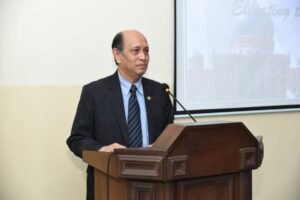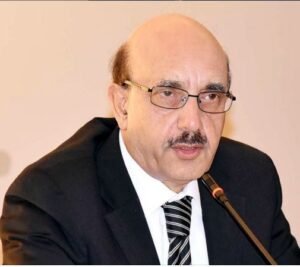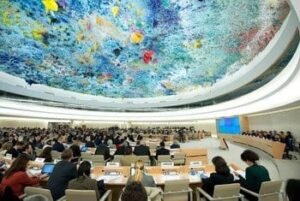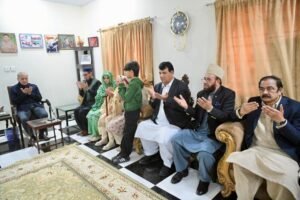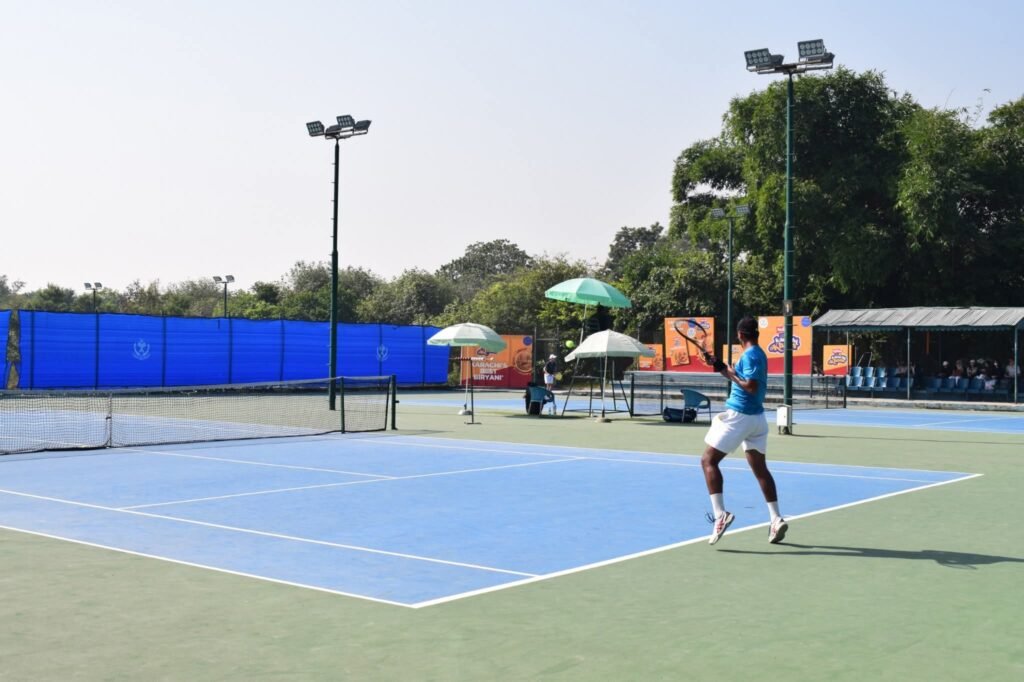
Islamabad – Pakistan’s tennis community has instead turned into a sobering reflection of its systemic weaknesses. The International Tennis Federation (ITF) J60 Islamabad Tournament, held this week at the PTF-SDA Tennis Complex, marks Pakistan’s first time hosting an event of this category. Yet, instead of celebration, the event has laid bare the deep-rooted issues plaguing the sport, particularly in player development and girls participation.
According to official ITF data, the J60 Islamabad has seen an astonishing 151 player withdrawals prior to commencement i.e. 92 from the Boys’ Singles and 59 from the Girls’ Singles events. The sheer scale of these withdrawals has left the draws thin and uneven, with the Boys’ Singles main draw now featuring 18 Pakistani players and only 9 internationals, while the Girls’ event is even more depleted, with 15 byes automatically granted in the opening round due to insufficient entries.
Even more alarming is the participation from local female players. Only four Pakistani girls are competing in the main draw, and two of them gained entry through wild cards rather than direct qualification. For a country of over 240 million people, this number is shockingly low and underscores the neglected state of female tennis in Pakistan.
This reality stands in stark contrast to the social media campaigns and public claims made by the current Pakistan Tennis Federation (PTF) management, which has repeatedly touted its commitment to “promoting women’s tennis.” The recent creation of a so-called Women’s Tennis Association of Pakistan, formed through what many in the tennis community describe as a questionable and opaque process was presented as a major breakthrough. Yet, the empty courts and near-nonexistent female participation at this international event have exposed those claims as hollow PR exercises rather than genuine developmental initiatives.
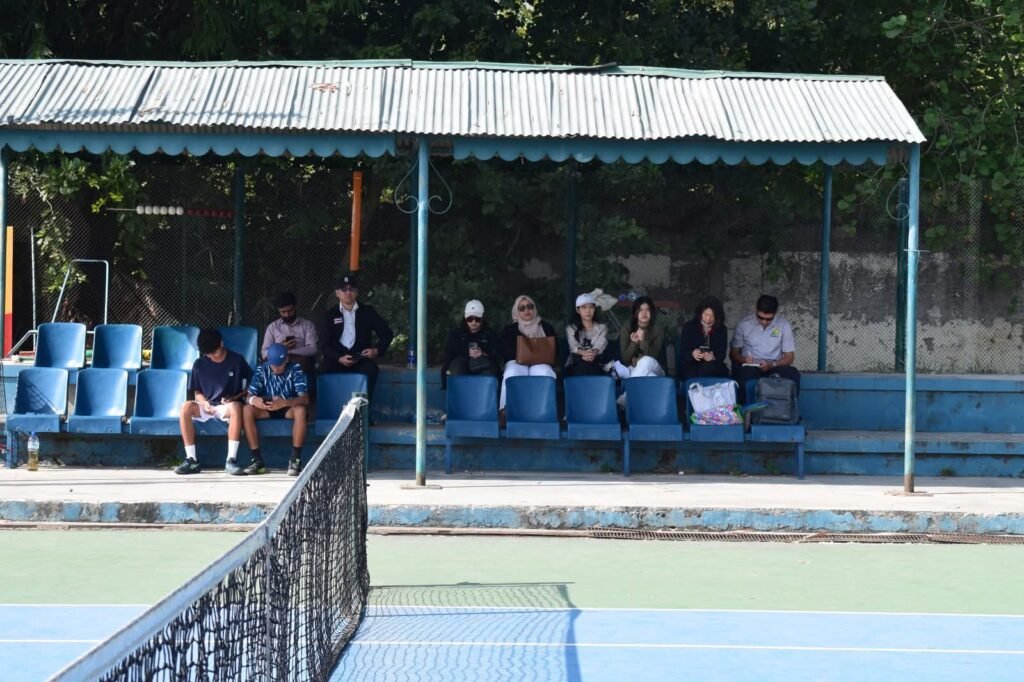
The J60 level on the ITF Junior Circuit is designed to be highly competitive, often drawing strong international participation and including qualifying rounds that allow developing players to earn their way into the main draw. In Pakistan’s case, however, this tournament like the two preceding J30 events, had no qualifying rounds whatsoever, further limiting opportunities for aspiring juniors and diminishing the overall competitive value of the event.
Tennis observers and coaches have expressed frustration, noting that the PTF seems more interested in organizing international events for optics than in building a foundation for long-term success. “There’s a difference between hosting a tournament and developing players who can compete in one,” one coach said. “Unfortunately, we’re doing the first and neglecting the second.”
The lack of female representation is particularly damning. Despite claims of progress and inclusion, women’s tennis in Pakistan appears virtually nonexistent outside of a few isolated efforts. Without structured training programs, grassroots initiatives, and consistent national-level competition, the gap between Pakistan and its regional counterparts continues to widen.
While hosting an ITF J60 event should have been a moment of pride, the outcome reflects a sport adrift in administrative complacency. The weak turnout, absence of qualifying rounds, and negligible female participation raise uncomfortable but necessary questions about the effectiveness of the current leadership’s vision.
If Pakistan’s tennis authorities truly intend to develop the sport rather than simply host it, the focus must shift from photo-ops and social media claims to tangible grassroots development, transparency, and accountability. Until then, the country’s international tournaments will continue to expose, rather than elevate, the fragile state of Pakistani tennis. Story by Lt Col ® Asif Dar




